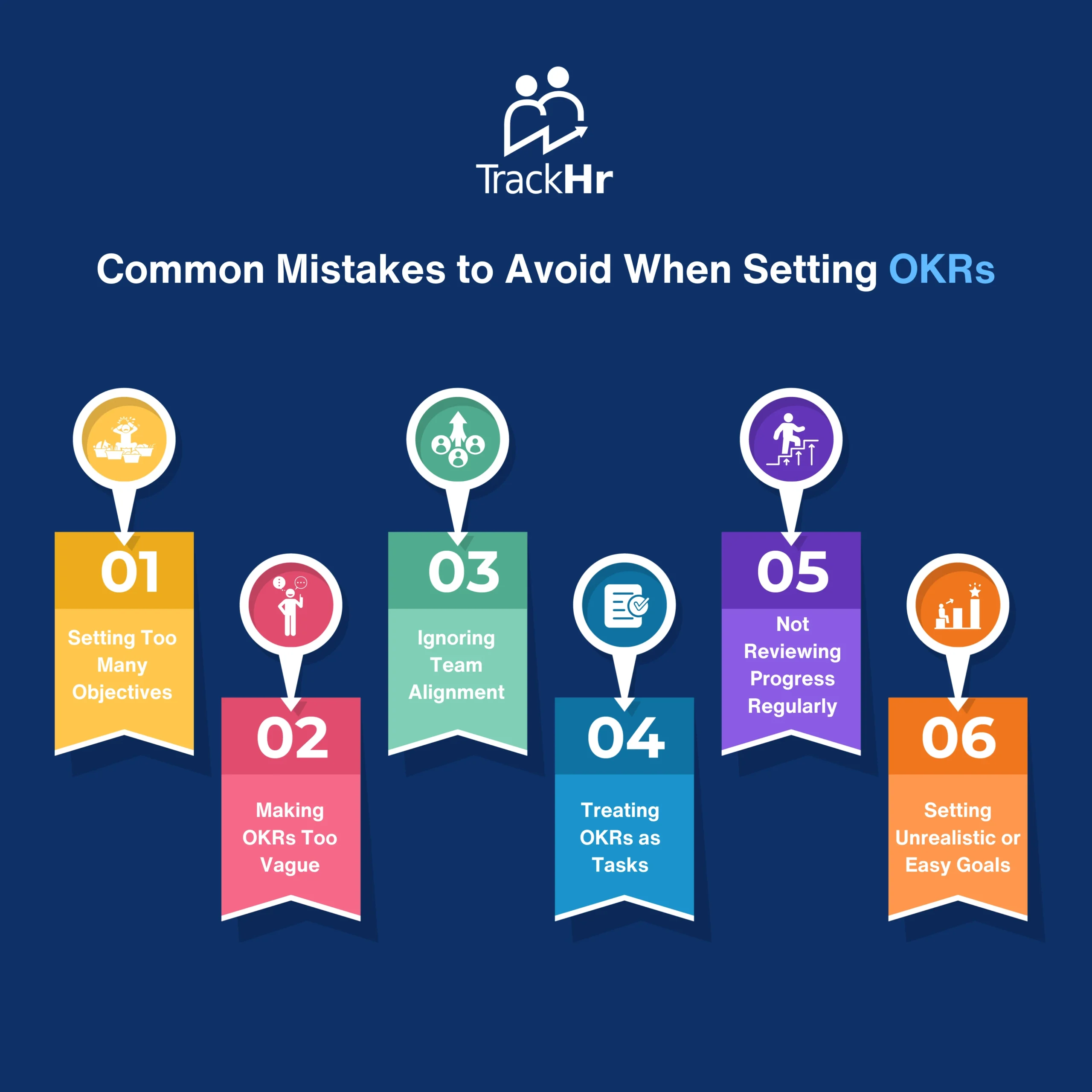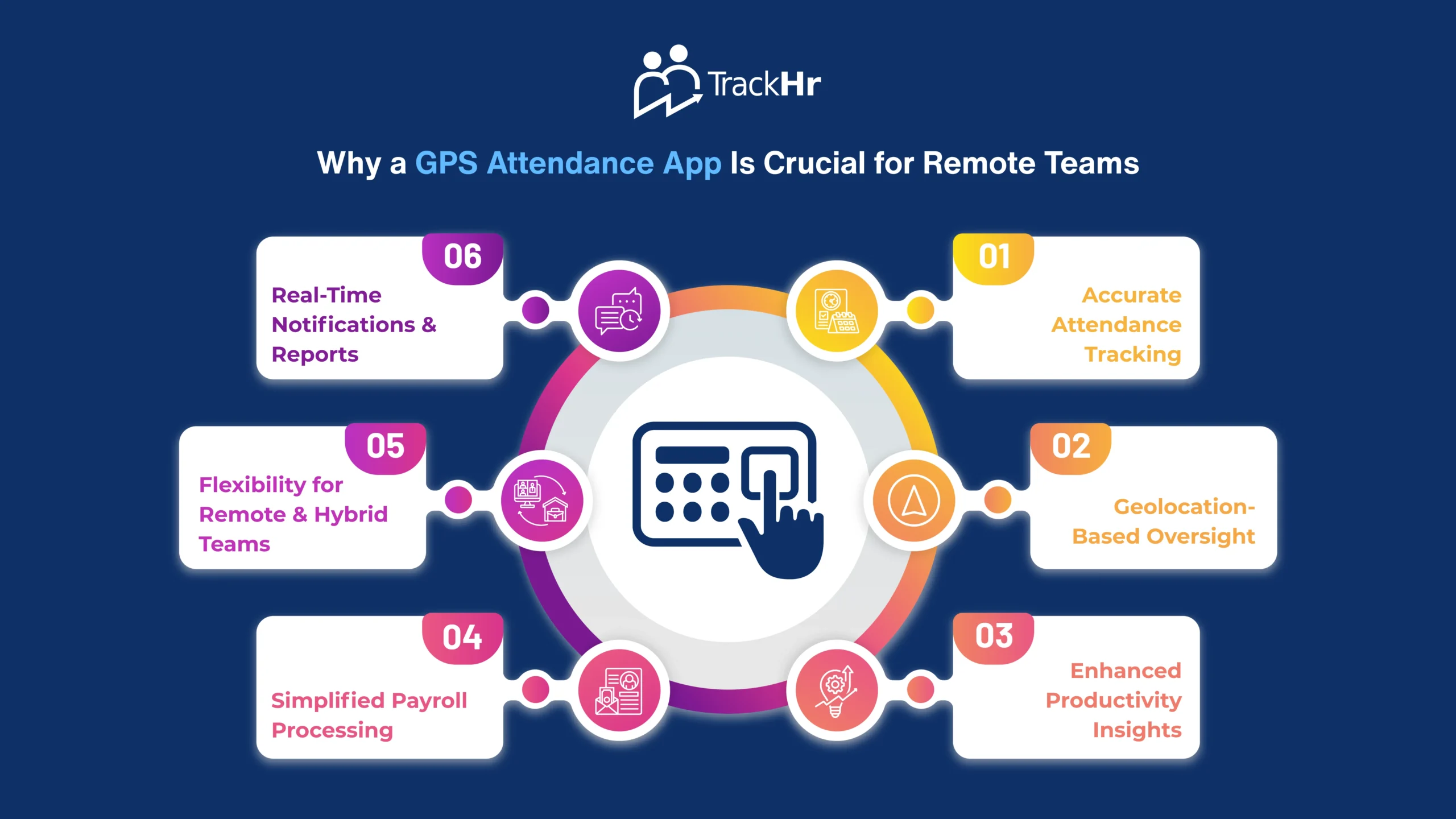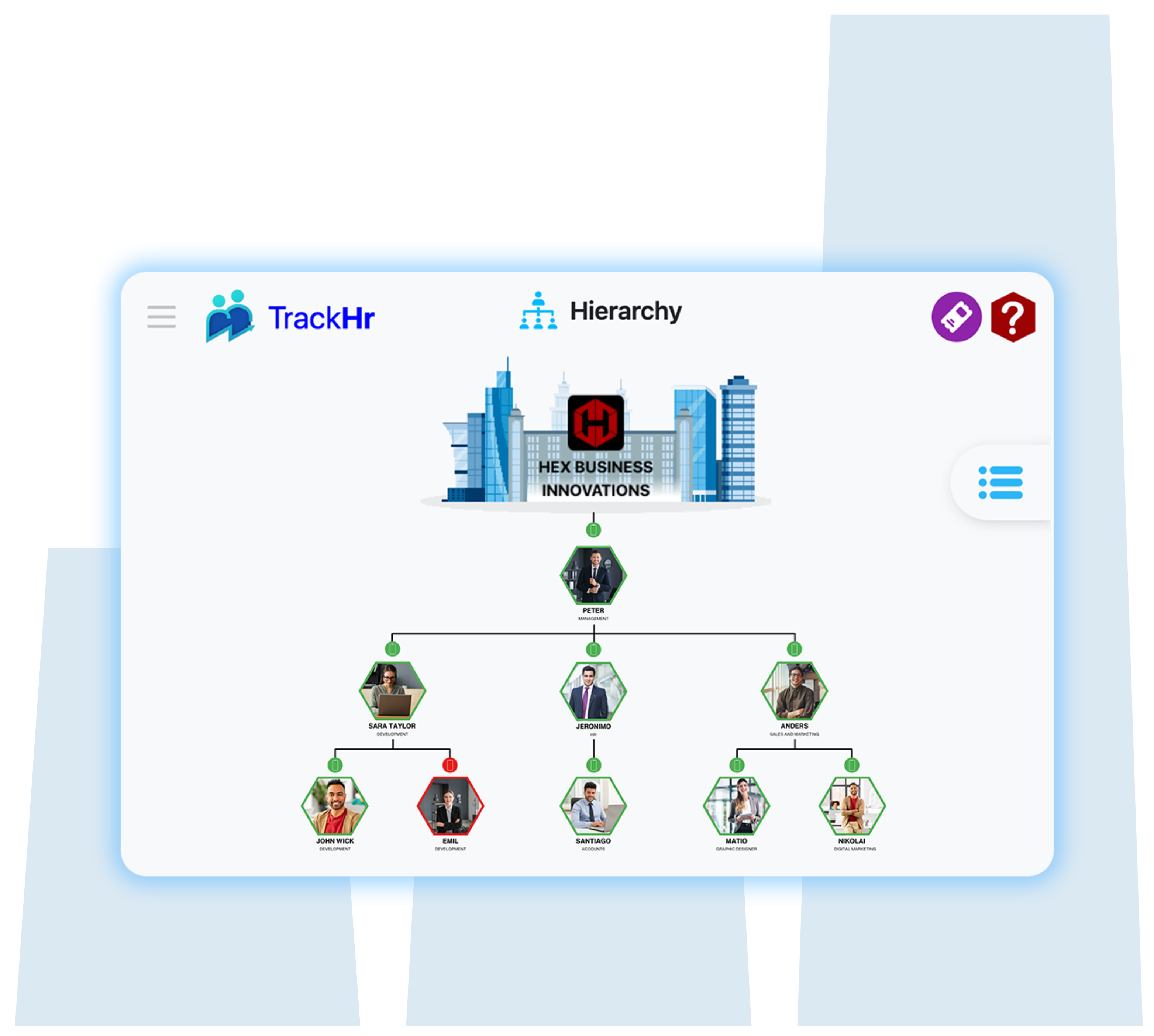Blog
What Are the 5 Key Performance Indicators?
- June 21, 2025
- 9:46 am

Any company that will prosper should be able to measure the results of its operations. These outcomes, known as Key Performance Indicators (KPIs), are essential metrics that help organizations assess progress toward goals.
Whether you’re a startup or a large enterprise, tracking the 5 key performance indicators listed below will offer clarity, improve decision-making, and keep your business moving in the right direction.
What Are Key Performance Indicators (KPIs)?
Key performance indicators are quantifiable metrics used to track and assess the effectiveness of various business strategies. They are necessary in managing performance, goal monitoring, and strategy consistency across departments.
The importance of KPIs is the knowledge that they are different for the business and industry, yet core indicators exist that are applicable in any field.
5 Key Performance Indicators You Should Monitor
1. Revenue Growth
An increase in revenue is one of the major signs of business health. It shows how your revenue and sales are increasing with time. A steady increase is a good indication of a high demand, competitive selling, and a growing market.
The importance of it:
It indicates how your company can grow and remain profitable.
2. Net Profit Margin
This KPI shows how many dollars of profit you generate per every dollar of revenue once you exclude all the expenses. It is one of the direct indicators of the efficiency of your business in the financial sense.
The importance of it:
A high profit margin tells you that you are dealing with your costs and are making decent returns.
3. Rate of Customer Retention
Customer retention is the number of clients that keep on using your product or service over time. When the rate of retention is high, it portends satisfaction and loyalty from the customers.
The significance of the first one is as follows:
Retaining a customer is far less expensive as compared to acquiring one, making the KPI very crucial in the long-term development of a company.
4. Employee Productivity
Productivity measures how effectively your tribe can convert time and resources to output. Achieved work, working hours, and sales per worker may be a part of this KPI.
The reason why it matters:
Greater productivity usually translates into increased profitability and an optimized work.
5. Customer satisfaction score (CSAT)
Customer satisfaction is gauged via firsthand feedback, usually by way of surveys. When CSAT is high, customers are satisfied with the product, service, or support.
Why it matters:
Happy customers would eat more and more and recommend the brand.
Why Are KPIs Important?
Monitoring of KPIs enables businesses to:
- Determine strengths and weaknesses.
- Align teams to objective goals that can be measured.
- Take fact-based decisions.
- enhance performance and profitability
- Monitoring progress Projects over periods of time
By monitoring the 5 key performance indicators, companies can stay agile, spot trends early, and respond quickly to changing market conditions.
Track KPIs Effortlessly with TrackHr
In case these companies want an all-in-one solution, the performance management system of TrackHr assists in displaying real-time KPIs, building insightful reports, and maximizing the efficiency of the workforce.
You may also go into:
- The process of evaluating employee performance
- Metric: Best to Monitor in Performance Management
- Why Performance Software Is Necessary in Every Business
Conclusion
Understanding the 5 key performance indicators is crucial for measuring business success, optimizing workflows, and achieving strategic objectives. These KPIs are the basis of successful business management, whether it is revenue and profits, employee productivity, or customer satisfaction. The choice of the correct tools, such as TrackHr, will result in getting on track with the correct data, but through data rather than guesses.
Table of Contents
Exhausted from managing performance management manually?






